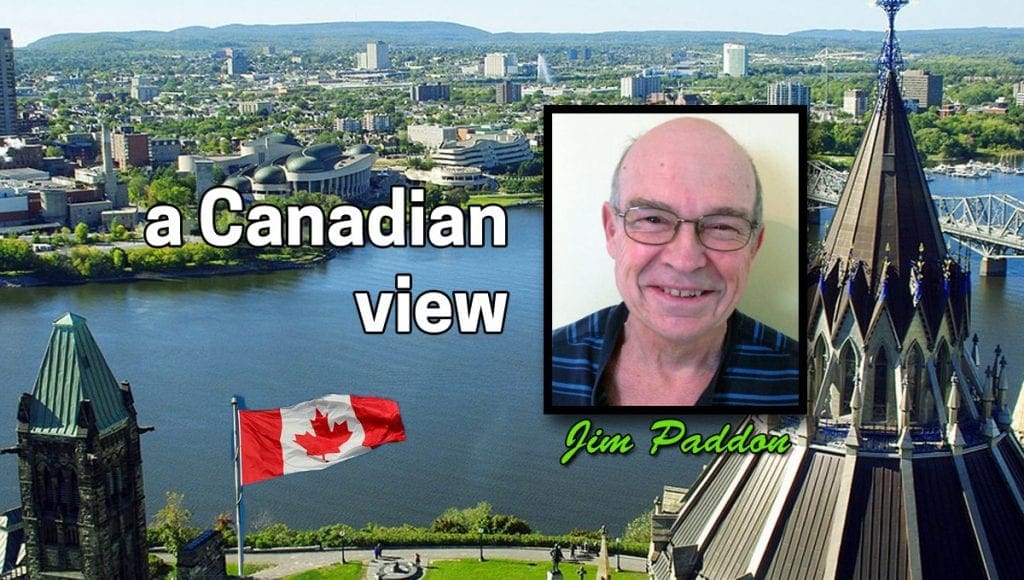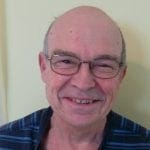As we finish celebrating black history month here in North America, I tend to think back to my youth and my black experiences. I grew up in a small city in southern Ontario, Canada.
I went to a school that had several black students but none that I could call close friends. The great baseball star, Ferguson Jenkins went to my school! (about 2 years older than I).

I came from a hard working family that never judged others because of their race or colour. However the only news we ever got about black history or civil rights was what we saw on TV which was happening in the USA. I wanted to join the 1960’s voting rights efforts in the deep south of the USA. What I saw on TV was shocking! How could this even be happening to people just because they looked different than me?
Yet I did not fully become aware of the rich black history in my home town such as the pre- civil war days when many fugitive slaves escaped to Canada and my hometown in search of freedom. As I grew up I only knew that the other side of the tracks was a poor section of town where most of the black community lived. I never understood why, nor did I even question the reasons.
As I entered the working world I made friends with working associates who happened to be black. It was then I heard about racism in Canada.
Yes Canada did indeed have racial biases but they were not as obvious as Jim Crow laws of the U.S. south. Canadian racism was more subtle in nature and while the violence did not exist it was still very hurtful to many people.
I thank my upbringing and my association with the Society of St. Vincent de Paul in helping me see poverty and the negative effect it has on people who look different than myself. I have learned so much more in my own efforts working with our SSVP multi cultural diversity committee as well as our SSVP Indigenous sharing circle. The dialogue I’ve been blessed to be part of is something we should all strive to attain.
It is simply not good enough to say you know someone who is black. You must look at yourself and any conscious or unconscious biases you may have. You must speak out when you hear others act or comment about someone. We can make this world the world God envisioned.
About the author:
 Jim Paddon lives in London, Ontario, Canada and is a Canadian Vincentian. He is currently chair of the National Social Justice Committee of the Society in Canada. He is married to his dear wife Pat and they have six daughters and eleven grandchildren. Jim has been a member of the Society since the 1970’s.
Jim Paddon lives in London, Ontario, Canada and is a Canadian Vincentian. He is currently chair of the National Social Justice Committee of the Society in Canada. He is married to his dear wife Pat and they have six daughters and eleven grandchildren. Jim has been a member of the Society since the 1970’s.
I respectfully acknowledge the traditional, unceded territories of the Indigenous Peoples, including First Nations, Metis and Inuit, on which lands we meet, work and live.





0 Comments